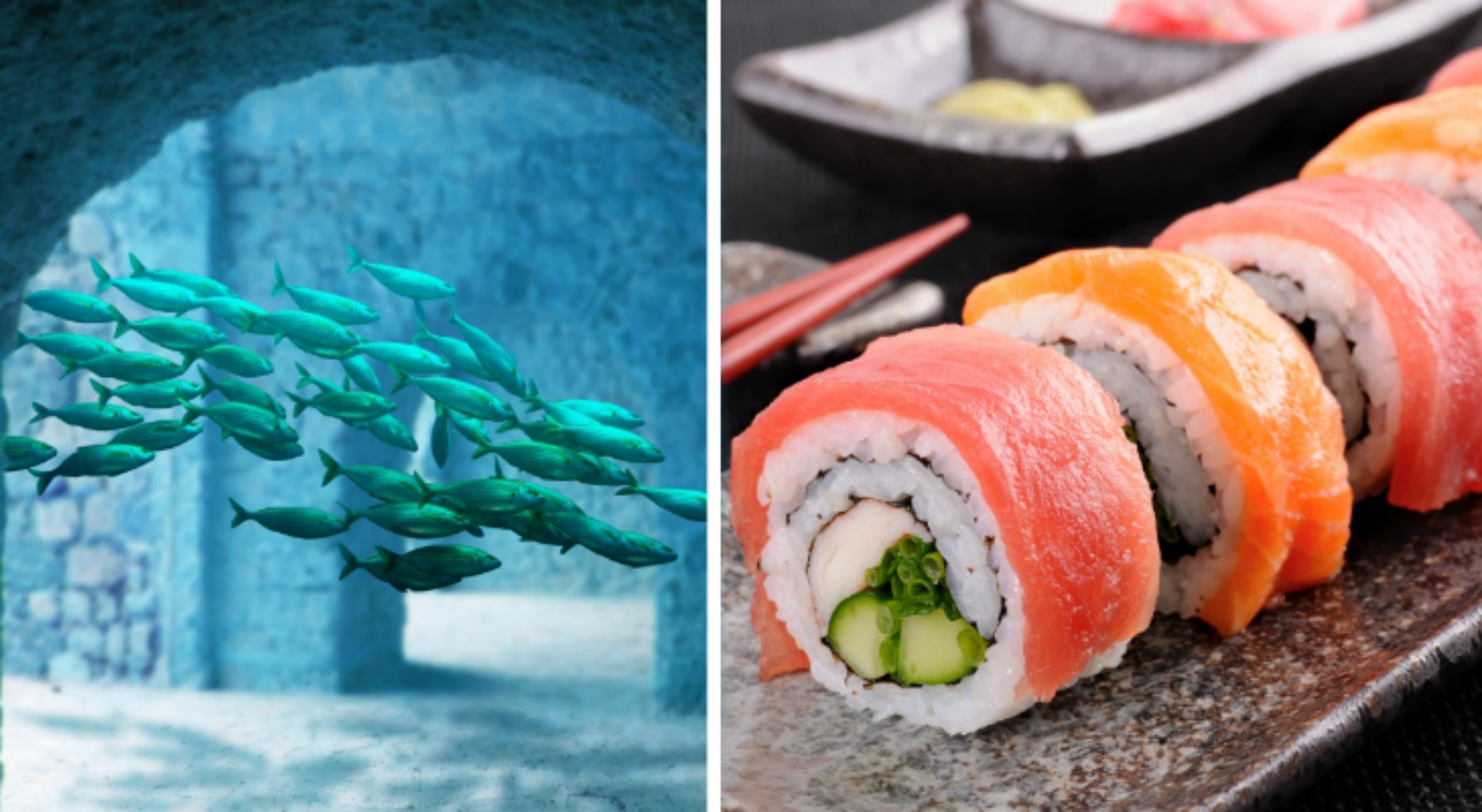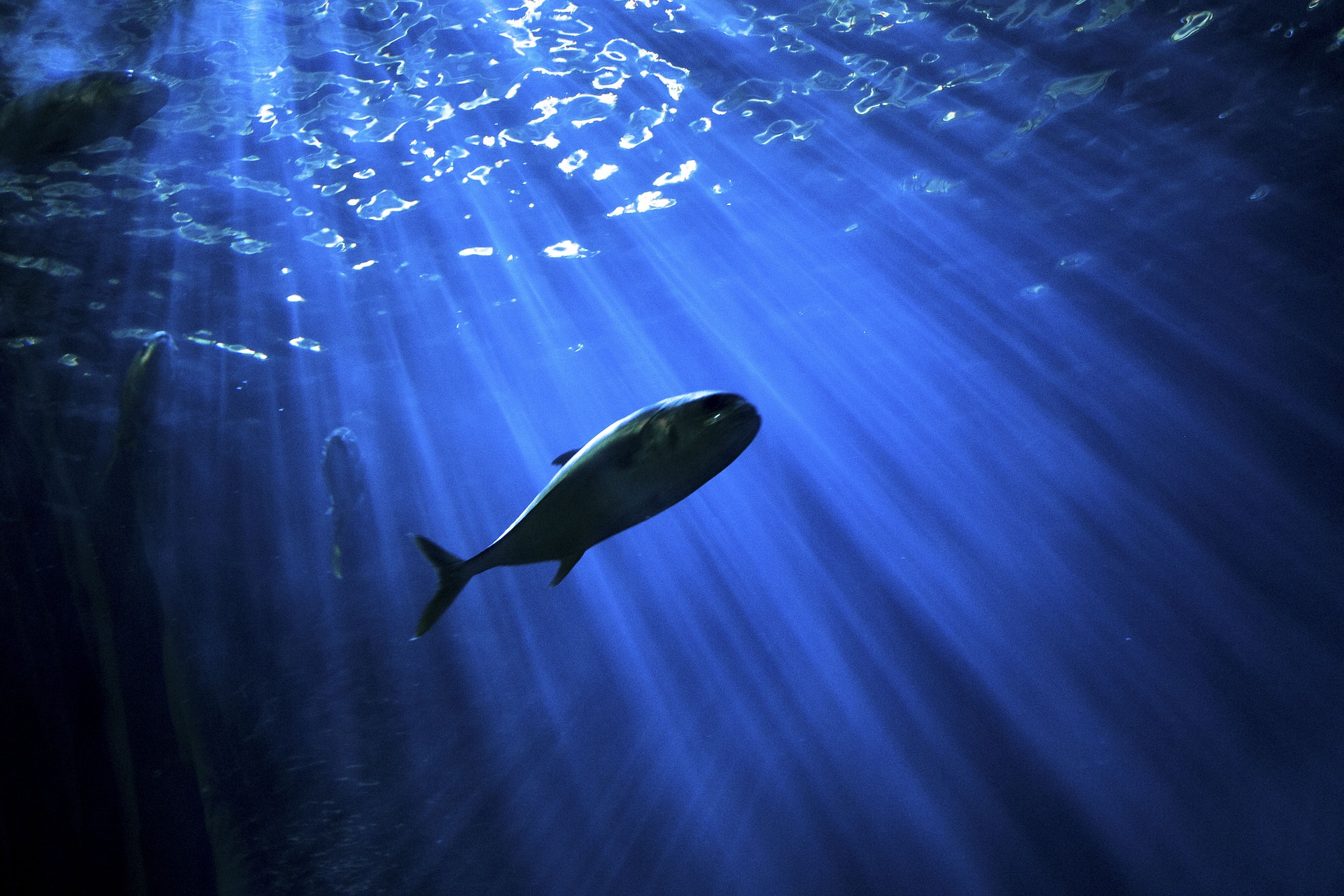News
‘Impossible Foods’ Is Developing A Plant-Based ‘Fish’

One of the biggest challenges when eating a plant-based diet (a diet predominantly comprised of fruits, vegetables, leafy greens, nuts/seeds, grains, and legumes) is finding optimal sources of protein. Seafood is notorious for being a health-promoting food, as it is high in omega-3 fatty acids and amino acids (building blocks of protein). However, overfishing and high levels of mercury are just two factors that have resulted in some health experts warning against its consumption. Fortunately for us all, Impossible Foods — the same company that developed the plant-based burger that “bleeds” — is developing a fish alternative.
During a recent press briefing, company founder and CEO Pat Brown announced that Impossible Foods is working on removing all animals from production methods by 2035. Brown, who is also a biochemist, previously patented the technology to extract heme — an iron-containing molecule from soybeans. This technology is what produced the highly sought-after “Impossible Burger” that bleeds.
Because heme is also found in bluefin tuna, the company has a goal to create a plant-based “fish” alternative that doesn’t adversely affect the oceans or people’s health. Spokeswoman Jessica Appelgren told Undercurrent News, “We are looking at replacing all products derived from animals and fish is on the list, although somewhat far out.”

As OneGreenPlanet reports, a plant-based fish alternative is much-needed. The bluefin tuna is in high demand, particularly at sushi markets, and at least one of three species — the Atlantic bluefin — is considered threatened due to overfishing. This reality is lesser-known by the mainstream public, which has been told to consume more seafood for health reasons. If the trend continues and plant-based alternatives aren’t introduced, however, scientists predict fish stocks in our oceans will collapse by the year 2048.
This is a conundrum, as one billion people worldwide rely on fish as their main source of protein. Individuals in Western countries are largely responsible for the overfishing epidemic. This is where Impossible Foods comes in. Citizens in more affluent countries are likely to be more willing to invest in healthier, sustainable alternatives that are rich in protein yet don’t adversely affect the environment. Even if a portion of the 225 fish an average American citizen consumes each year is replaced by a plant-based alternative, the environment and ecosystem would ultimately benefit.

A few months ago, Impossible Foods raised $75 million in investment for its plant-based burgers, primarily from a Singapore-based venture fund, Temasek, Khosla Ventures, and Bill Gates — who has donated three times to the start-up. If any company succeeds at developing a tasty and nutritious plant-based fish alternative, our bet is Impossible Foods will be the one to do it.
h/t One Green Planet
Typos, corrections and/or news tips? Email us at Contact@TheMindUnleashed.com
